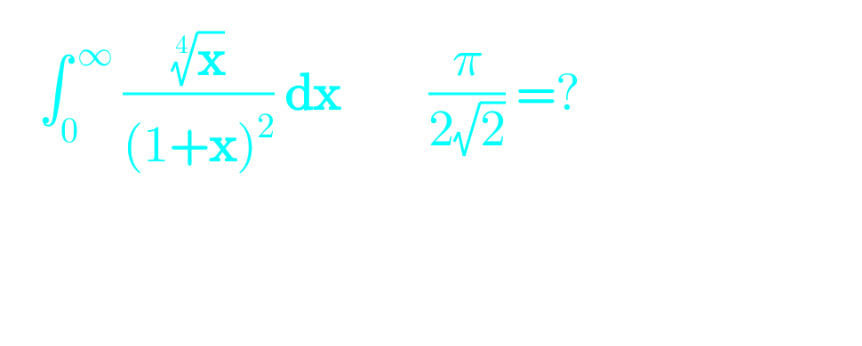
Question and Answers Forum
Question Number 130188 by SEKRET last updated on 23/Jan/21

Answered by Lordose last updated on 23/Jan/21

Commented by SEKRET last updated on 23/Jan/21

| ||
Question and Answers Forum | ||
Question Number 130188 by SEKRET last updated on 23/Jan/21 | ||
 | ||
Answered by Lordose last updated on 23/Jan/21 | ||
 | ||
| ||
Commented by SEKRET last updated on 23/Jan/21 | ||
 | ||